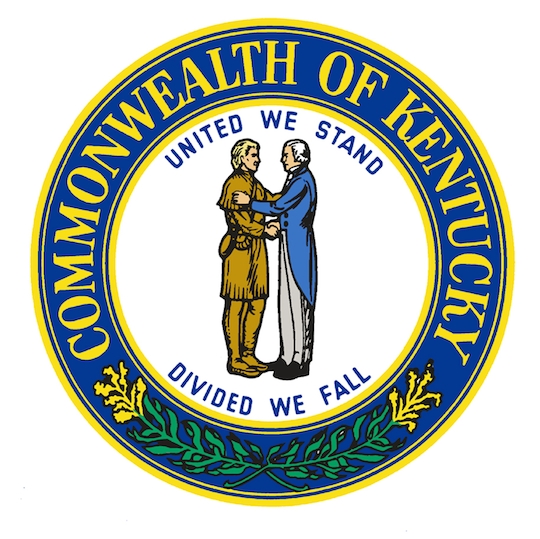Kentucky’s Unemployment Insurance (UI) Trust Fund currently has a balance of $0. This comes as the Commonwealth has the highest unemployment rate in the nation and an unprecedented amount of benefits have been drawn throughout the COVID-19 pandemic.
Because of this, Kentucky Chamber of Commerce President Ashli Watts told legislators Thursday employers across the state are facing huge costs to replenish the fund despite being shut down for many weeks to ensure the safety of Kentuckians.
Watts said it is clear many Kentucky businesses will not survive this pandemic due to decreased patronage, demand, lost revenue, and many other issues and are now facing another massive financial hit because of the UI Trust Fund being drained.

This time last year, Kentucky was on the best rate, Schedule A, when it comes to the UI Trust Fund, Watts said. Because of the pandemic, the state is now looking at being Schedule E, the worst of the rates, and the state has already taken out a federal loan of almost $900 million to replenish the fund.
A federal UI loan has to be paid back and the only mechanism currently in statue to help replenish the fund and pay back any federal loans are solely “on the back of employers,” state officials told legislators last week.
Watts said some Kentucky employers will face large tax increases, for some as much as 2,000%, come January if steps are not taken to find new ways to ease this burden. She added the Chamber has reached out to the state’s large manufacturers to see what their increase might be (each employer will see a different impact), and many could see an increase of well over $1 million.
In terms of what solutions the state could examine, Watts said the Kentucky Chamber has reached out the Kentucky’s federal delegation to ask for a forgivable loan and asked Gov. Andy Beshear if there are any CARES Act funds that could be allocated to help with the fund. Additionally, the Chamber has been looking to states like South Carolina that have moved to remove the pandemic time period from the evaluation that determines rates to ensure no huge bump for employers.
Watts also noted Kentucky has been in a similar situation before in 2009 when Kentucky owed nearly one billion to the federal government for unemployment insurance because benefits had been increased and funding was insufficient for those benefit levels during the recession. Employers had to pay more in federal UI taxes because of this debt on the state. But then-Gov. Steve Beshear formed a task force with businesses, labor, and others to come up with bipartisan solutions to the issue and in 2016, the state finally paid off the debt and achieved a positive balance in the UI Trust Fund.
Watts said the Chamber has been in communication with the governor’s office to come up with a path forward to protect Kentucky’s employers that have been working hard to ensure safety in these uncertain times to help avoid a massive tax increase.
When asked about the fact that during the pandemic including contractors, self-employed Kentuckians, and others who traditionally are not eligible to draw those benefits, Watts noted the trust fund has been drained at the state level and the federal loan is only to cover the state portion. Therefore, the extra $600 a week from the federal level that was paid out and the untraditional Kentuckians who have been able to draw benefits did not come out of the Kentucky Unemployment Insurance Trust Fund.
Sen. Jimmy Higdon stated the unemployment issue is critical because the state is currently creating a “crisis within a crisis.”
From Kentucky Chamber of Commerce


















